Freen Sarocha’s Airport Look Sets the Tone for Valentino Couture 2026
Carefree and elegant, the 27-year-old actress stuns fans with her new casual ...
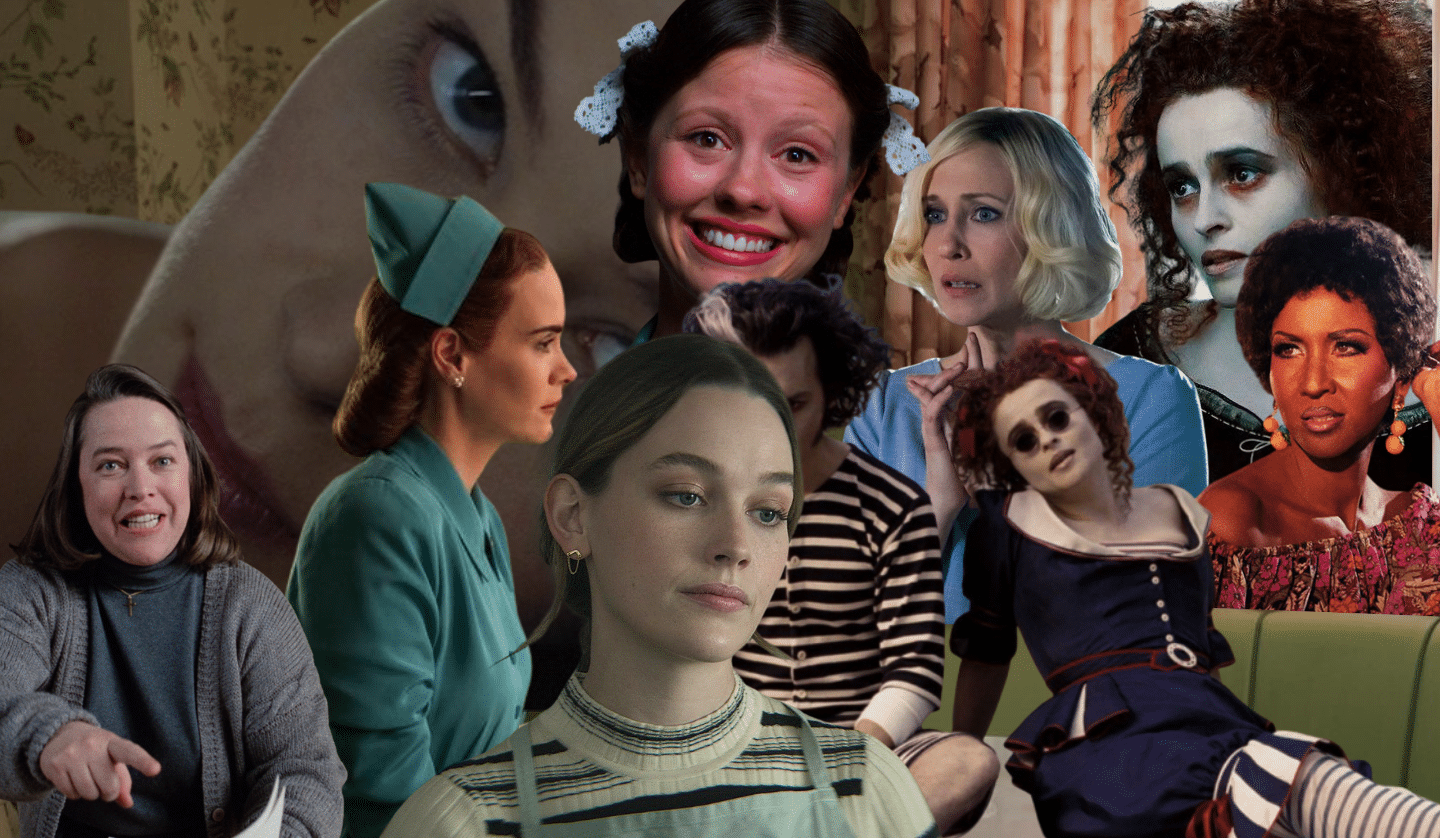
There is a particular fascination when cinema and television create female characters who are disturbed, manipulative or violent, and this fascination does not come merely from shock value but from something deeper that touches cultural memory and psychological archetypes.
When a man is portrayed as destructive, audiences often read it as expected or typical of a long tradition of villains, but when a woman takes on this role, it disrupts ingrained ideas of care, gentleness and sacrifice, and the result is both unsettling and strangely magnetic. It is in this contradiction that these characters acquire their legendary quality.
(2018-2025), Thriller
Take Love Quinn from You. She appears first as a romantic partner, seemingly open, supportive and almost ordinary in her emotions, yet gradually her obsessive nature reveals itself, and her violence seems to come not from a lack of feeling but from an excess of it. The psychology behind her appeal lies in the fear of intimacy itself, for she embodies the hidden possibility that the person who claims to love you most may also be the one who destroys you.
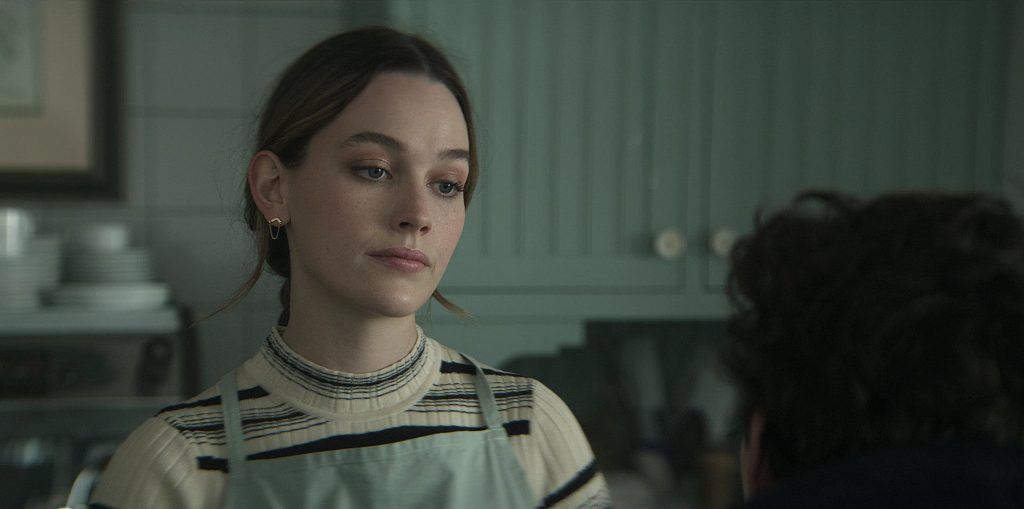
(2014), Thriller/Mystery
In Gone Girl, Amy Dunne embodies cold calculation and the desire for narrative control. She constructs her own myth by turning herself into both victim and avenger, and the audience is drawn into her capacity to orchestrate perception. Amy’s iconic status comes from the way she manipulates both the men around her and the entire media spectacle, showing how image and truth can be bent until they serve her survival.
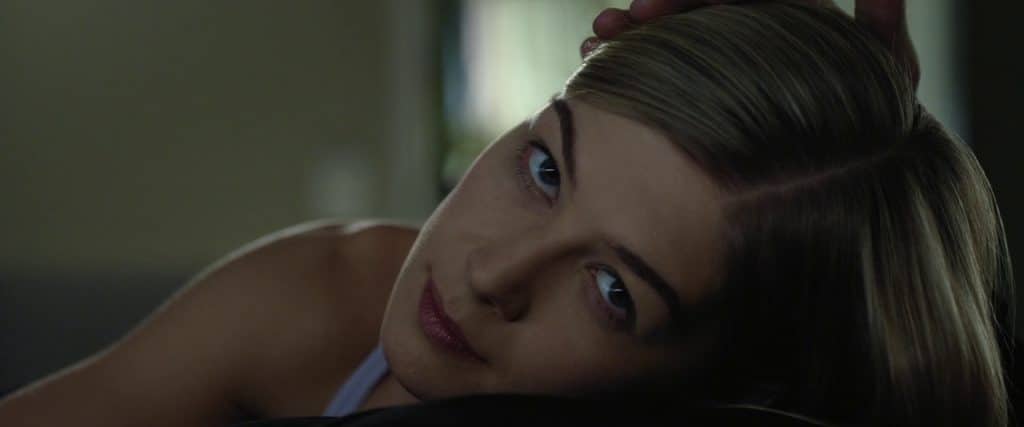
(1990), Psychological horror
Annie Wilkes walked off Stephen King’s printed page in 1987 and straight into an Oscar win. A nurse turned captor, fan turned warden, she pulls novelist Paul Sheldon from a wreck only to keep him in her possession, tending his wounds while wielding a hammer over him. Annie never sees herself as the villain but claims the angel’s seat, devoted to his writing and sure she can elevate him. Love is possession for her. Possession demands control. Control crushes everything until it fits. Annie lives this logic so extremely that care becomes a cage. She is love’s shadow where desire turns to possession and it becomes deadly every time.
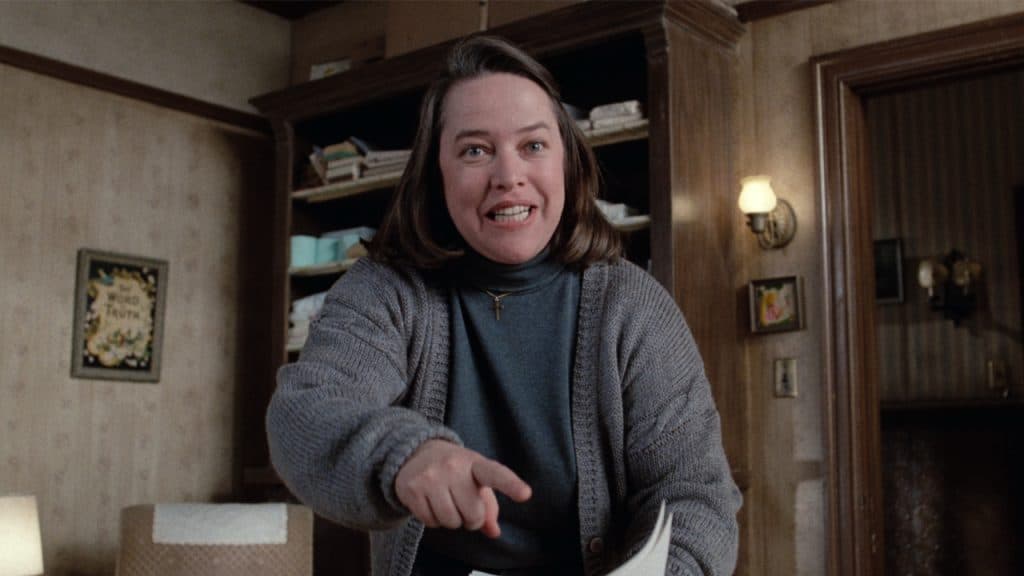
(2020), Thriller
Sarah Paulson as Nurse Ratched in Ratched brings to life a character who has long been an emblem of control and cruelty. What makes this portrayal fascinating is how Paulson allows us to see the psychological undercurrents of repression, loneliness and hunger for power beneath the carefully composed surface. The psychology of Ratched’s madness is rooted in the need to dominate in order to feel secure, and this tension between vulnerability and authoritarianism makes her frightening and of course, unforgettable.

(2013–2017), Horror
Vera Farmiga as Norma Bates in Bates Motel presents another variation. She is overprotective, insecure and entangled with her son in ways that are disturbing, yet pleasantly tender. The psychology here is rooted in maternal possession, the idea that love can strangle and nurture in the same breath, and audiences recognise the archetype of the mother who cannot let go, which makes her both tragic and terrifying.
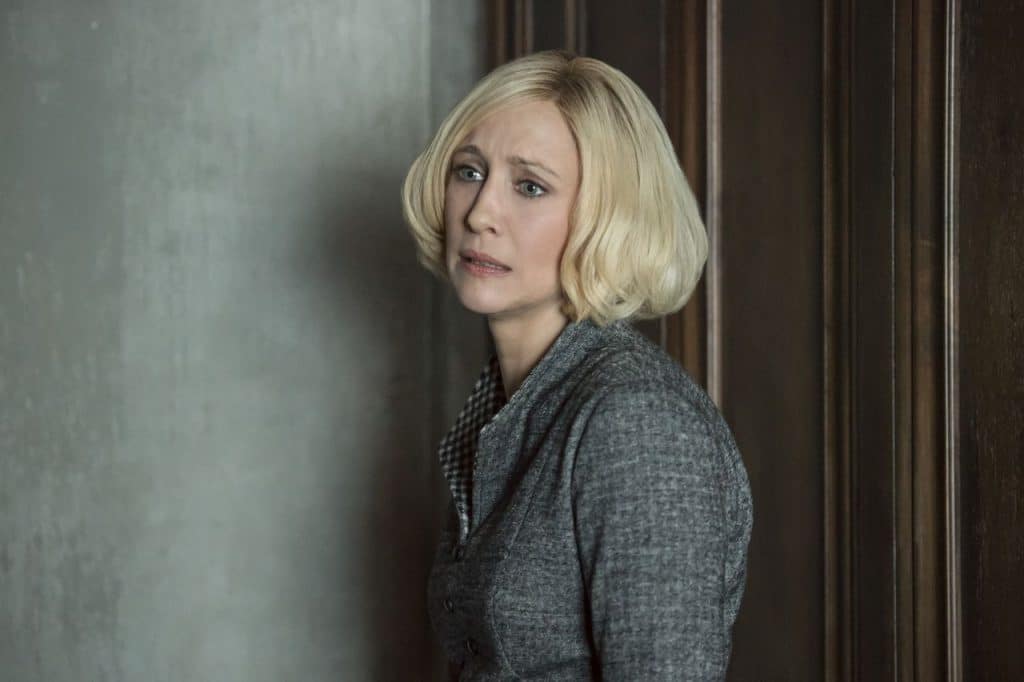
(2022), Horror
She could be the face of feminine psychosis in full bloom, a girl crystalline in her certainty that she was born to be famous. Every twilight finds her praying to an indifferent sky: “Please, Lord, make me the biggest star the world has ever known so that I may get far, far away from this place.” Pearl wears disappointment as her pretty dresses, and won’t take them off. She calls it independence, but it’s really isolation. She calls it ambition, but it’s really desperation. She wants to be loved, to be noticed, to be devoured, and constantly in that. It’s that raw fragility that binds with ferocity that is relatable, a woman unravelling under the crushing weight of dreams too large for her small town cage. When the suffocation becomes unbearable, when the proper lines society draws around women tighten like nooses, sometimes they don’t just break free. Sometimes they break, and that’s the end of it.
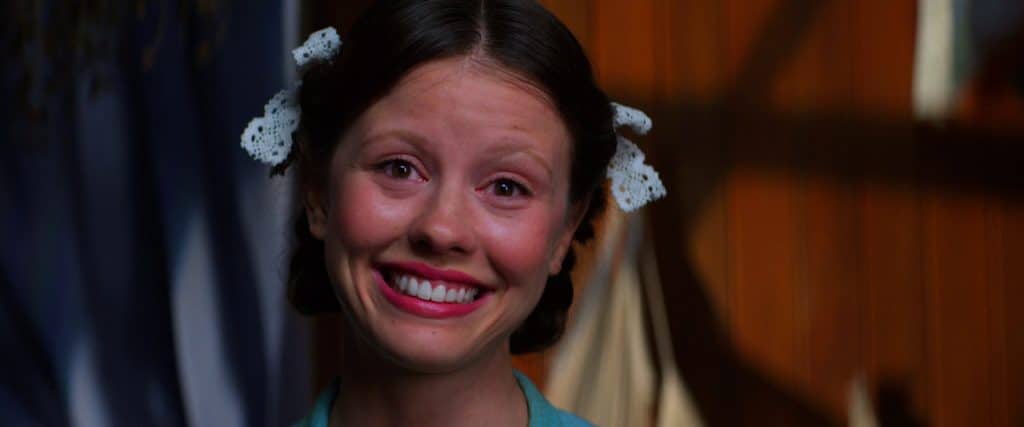
(2007), Musical/Horror
Mrs. Lovett in Sweeney Todd is another unforgettable creation. She is pragmatic, opportunistic and disturbingly cheerful as she turns murder into business. Her presence is both grotesque and satirical, as she represents how domestic practicality can slide into complicity with horror. Audiences are drawn to her because she is both ordinary and monstrous, and that combination is difficult to shake off.
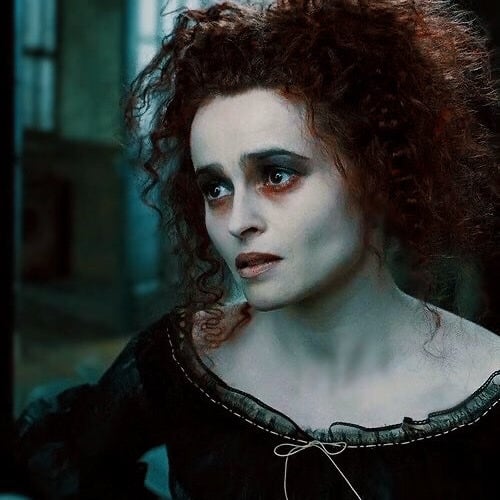
(2001-2011), Fantasy/Adventure
And it would be an oversight not to mention this character, Bellatrix Lestrange, in the Harry Potter films who has become almost mythological in her madness. She is wild, devoted and destructive, her mania amplified by loyalty to Voldemort. What makes her iconic is the theatricality of her cruelty, for she performs evil with an abandon that is almost joyful, and this performance creates an energy that viewers cannot forget.
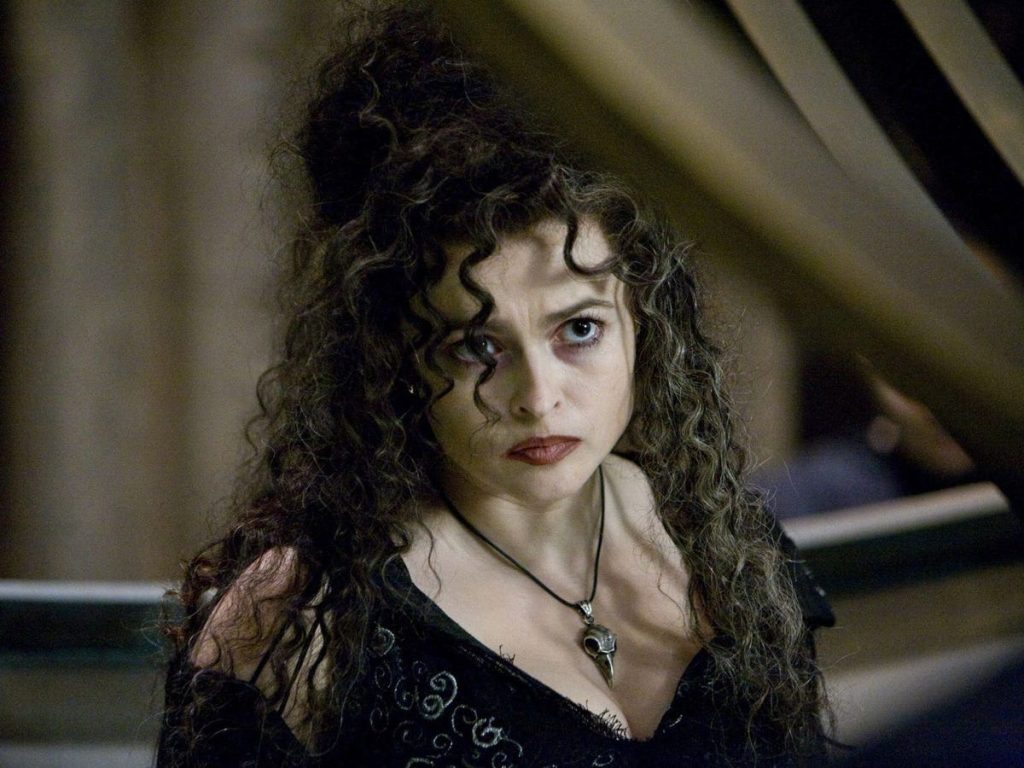
(2017), Drama/Thriller
Finally, there is Mathusorn from Revenge. She is vengeful, manipulative and layered with emotional complexity, yet her actions are anchored in the bond between mother and daughter. Her rage does not emerge from vanity or ambition but from the unbearable violation her daughter suffers at the hands of men. In this sense, her madness becomes an extension of maternal instinct, twisted into cruelty and violence but also recognisable as a desperate form of protection. What makes her iconic is precisely this paradox: she embodies both the nurturing figure of the mother and the terrifying avenger who turns pain into strategy, and the audience is forced to confront the idea that love can sometimes manifest itself in the most destructive of ways.
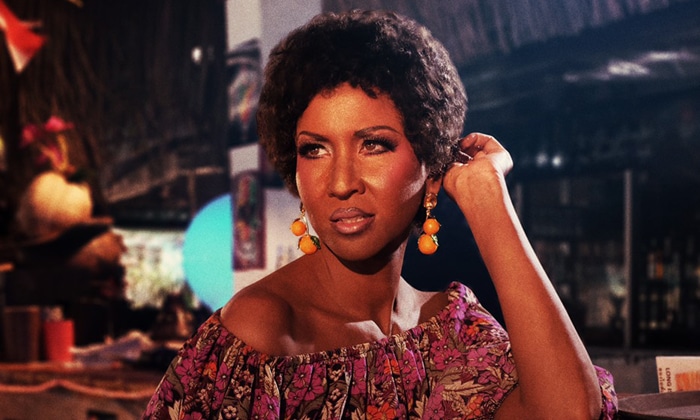
When women embody madness on screen, they disrupt expectations and provoke reflection on the structures that confine them. They are iconic because they expose the fragile border between love and violence, beauty and decay, devotion and possession. To watch them is to watch society’s own anxieties made flesh, and that is why these characters endure in memory as legends rather than curiosities.
Carefree and elegant, the 27-year-old actress stuns fans with her new casual ...
Sailorr and Molly Santana’s black grills fuse hip-hop swagger with homage to ...
A full roundup of celebrities sharing what habits, thoughts and energy they’re ...
These top 5 barber shops in Bangkok are where gentlemen can elevate ...
Wandering around the globe, try out the signature tastes of cultures across ...
Thai superstars attended Milan and Paris Fashion Week 2026, marking a strong ...
Wee use cookies to deliver your best experience on our website. By using our website, you consent to our cookies in accordance with our cookies policy and privacy policy